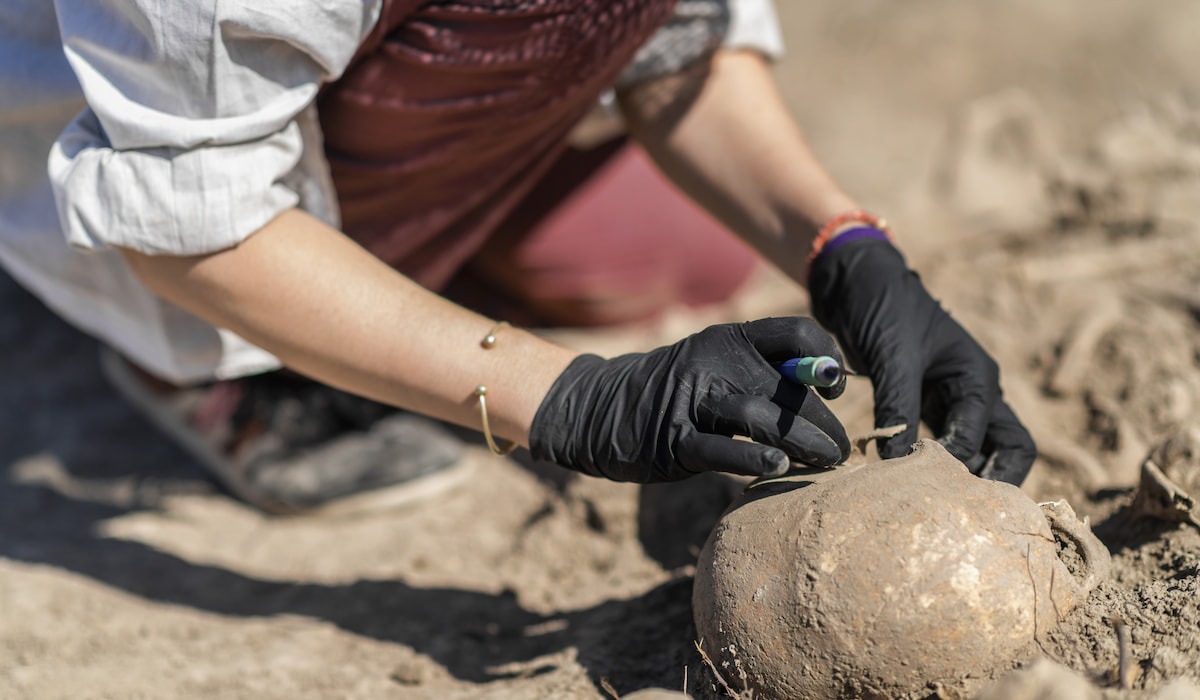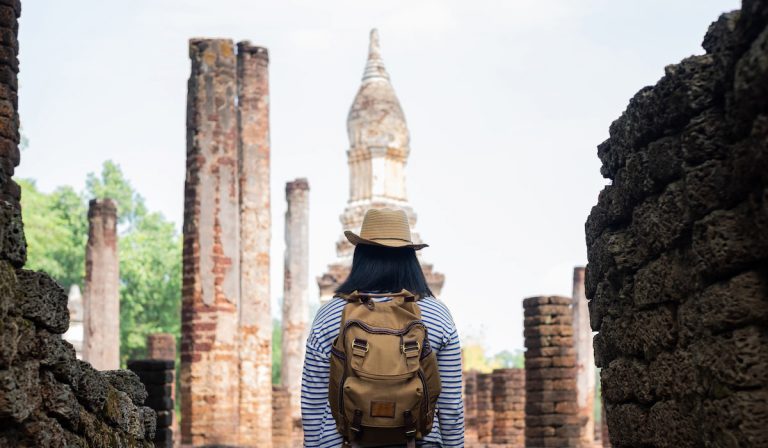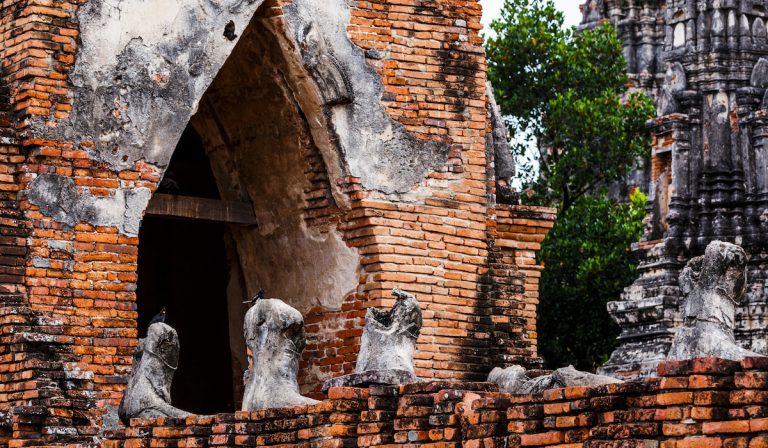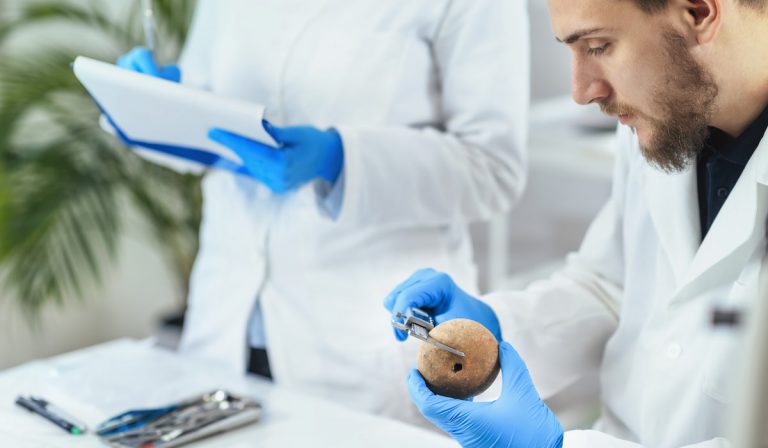Importance of Archaeology in History Studies Explained
The study of archaeology heavily compliments the study of history, and one might conclude that getting an accurate picture of history is almost impossible without archaeology. Is this true? If so, what is the importance of archaeology in history studies?
Importance of Archaeology in History Studies
Archaeology is significant for historians. Here are the major factors of archaeology that make it essential to historians:
1. Archeology Improves Our Knowledge of History
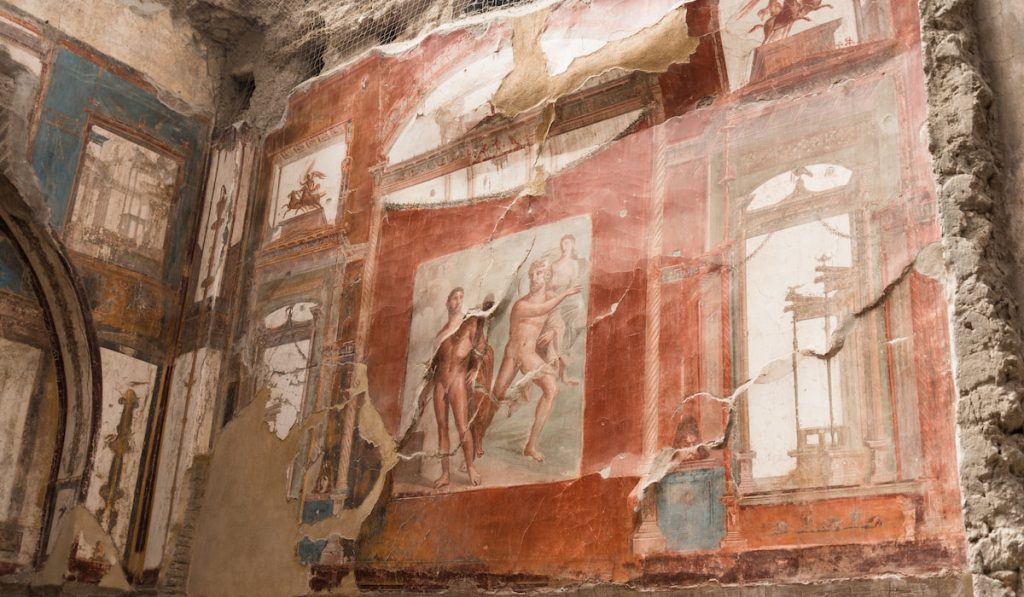
Archaeology does not just fill unanswered gaps in history; it also helps us connect the dots we can find in various stories. Archaeologists ask essential questions such as “what is this?” and “how did it get here?” We can use archaeology to get a more accurate picture with a proper written or oral history.
For example, the Bible is a book full of several stories of the ancient world of Egypt, Israel, and other nearby places. With archaeology, we can improve our knowledge of Bible stories as we now know how Egyptian kings (pharaohs) were buried and where Noah likely kept the ark.
2. Archeology Finds, History Explains
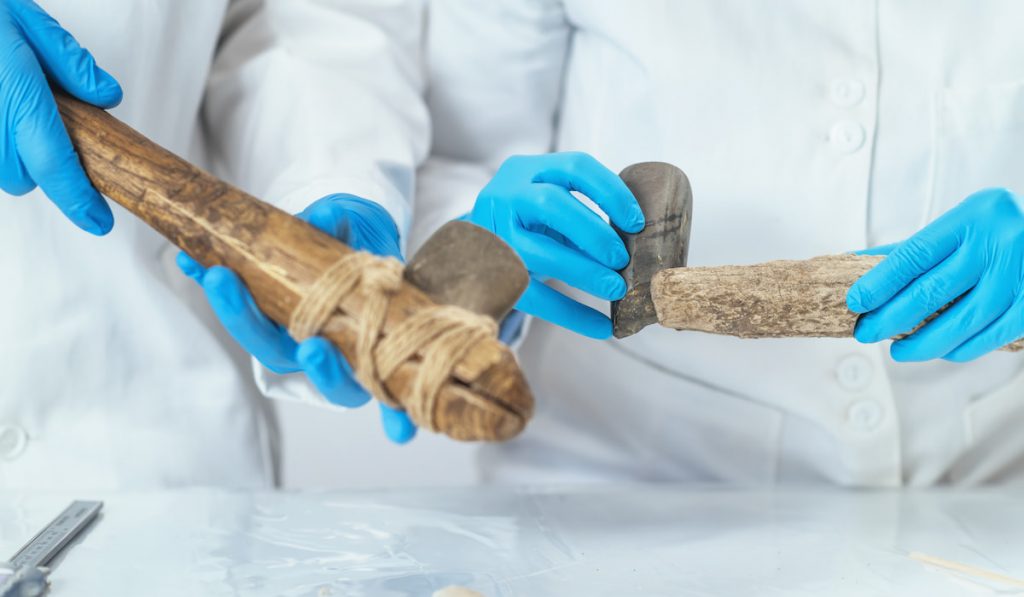
You may wonder what the difference is between history and archaeology. While both studies heavily complement each other, they have a similar purpose but different approaches. For example, we can use raw data or materials that we collect from archaeological excavations to explain history.
How can you explain what has not been found? The only way we can use our knowledge to explain something is when we are sure that it exists (or existed), and we can see clues of its existence through archaeology. The best historians are those that embrace archaeology.
In simple terms, historians try to explain what archaeologists find while archaeologists try to bring data or materials for historians to interpret.
3. Archaeological Findings Produce Various Theories or Explanations
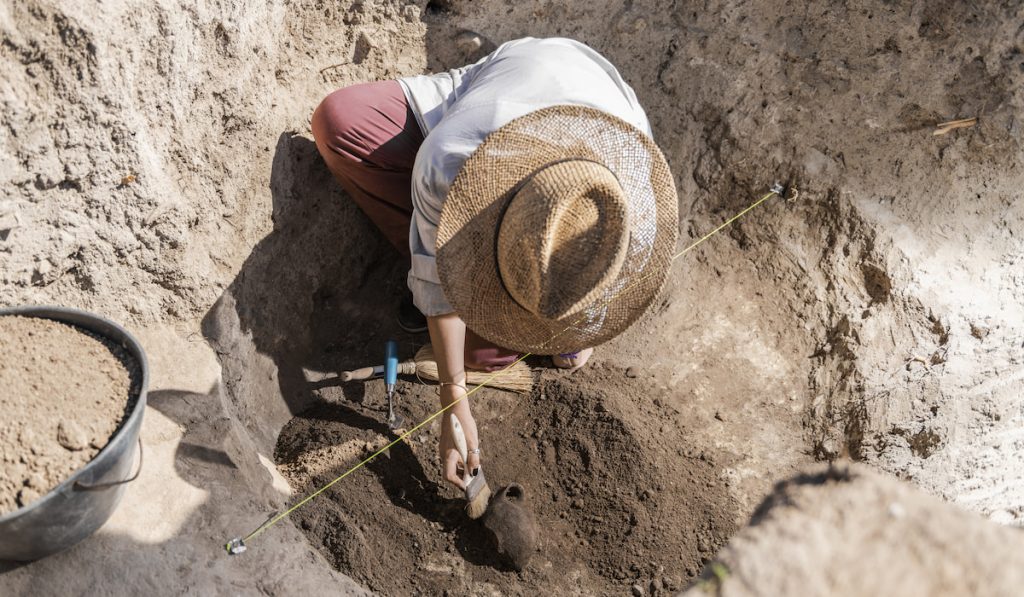
People see things differently. The beauty of historical studies or stories is that you read different theories of a particular event. Even when archaeologists find something of value, historians of various specializations will narrate other theories or explanations for the same item.
While a diverse opinion of a subject may be overwhelming, it is good to examine all angles as it eliminates bias for future readers. If you are not comfortable with the current theories, you can always come up with your own explanation or theory by examining the archaeological findings yourself. This means that everyone can be a historian with proper research and examination.
4. Separation of Myth from Fact
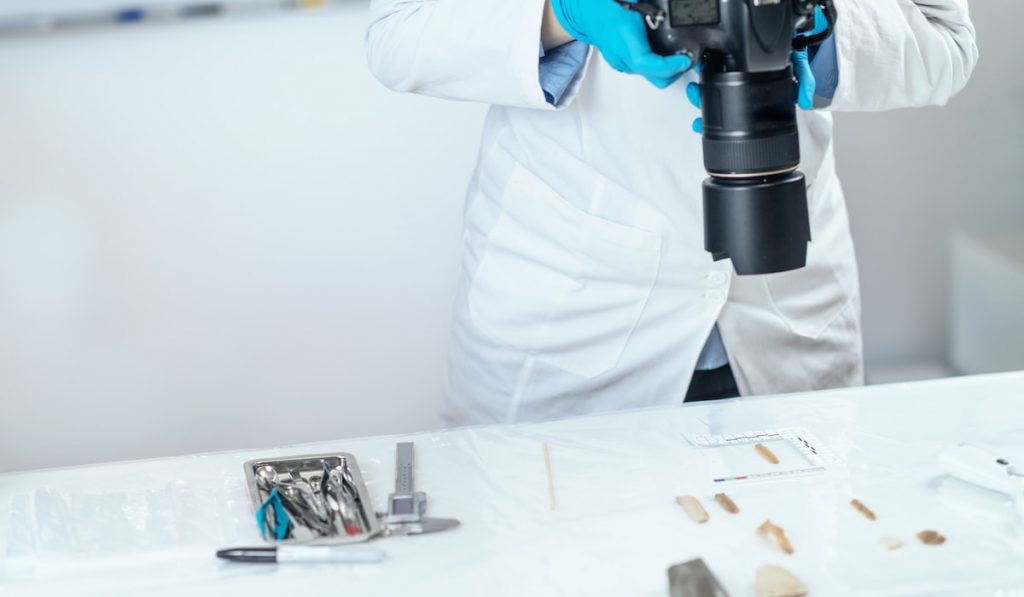
Everyone can be a historian and there are many stories circulating today. How do we know which is real and which is fake? Archaeology can help filter facts from myths. Archaeology can help to answer what happened to a civilization in the past. In this case, we do not have to rely only on written or oral stories.
There are many stories today about the Egyptian and Greek gods. Which story is true and which is just a myth? While it may be difficult to get the truth just from archaeology, we are a step ahead in knowing the truth when archaeological evidence is found.
5. We Can Estimate the Date of Historical Events
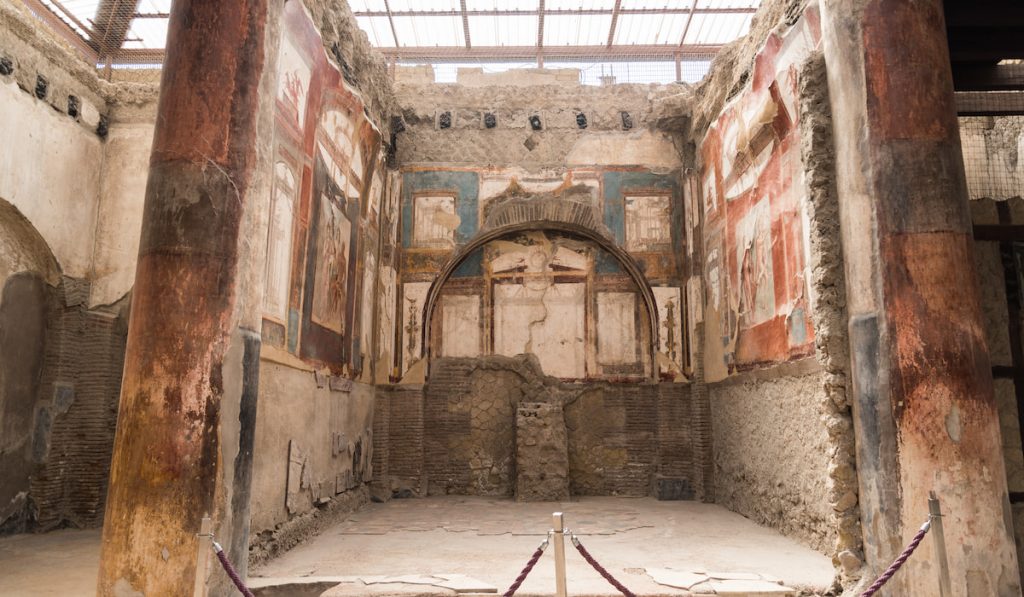
Archaeological excavation helps us estimate or guess an artifact’s age or the event’s date through carbon dating or several stratigraphy techniques. For example, we can use carbon dating to estimate the age of an artifact dug out from a site. We can also guess that the items found above the artifact while digging are not as old as the artifact itself.
The available data (the artifact’s age) shows how civilized the ancient world was. If the people of a civilization could produce and use a specific item at a particular time, it simply means that they can also create other items that we are yet to discover.
6. With Archaeology, You Can See History With Your Eyes
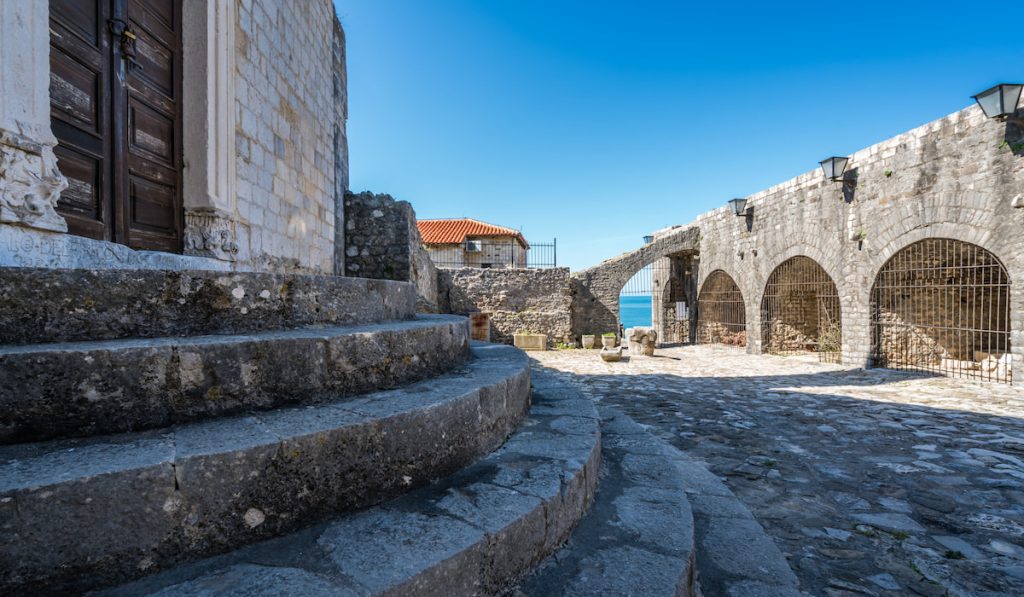
If you are a lover of history, you will greatly appreciate archaeology. By visiting museums, you can find various items unearthed by archaeologists. This means that instead of just reading about history, you get the chance to see physical evidence of your favorite stories with your eyes.
Historians truly need archaeology to make their field of study exciting. Archaeology is a unique field of study that links history with other fields such as biology and social studies. This means that it does not matter who you are or what you study; there is a part of history that will surely interest you or is essential in your field of study.
7. Lovers of History Can Choose Diverse Career Choices

You may be inclined to study history but discover that you prefer to travel and solve puzzles instead of only reading and analyzing. It does not matter who you are or what you love; so long as you want to be a historian, there is something for you to do, all thanks to archaeology and other closely related fields.
As an archaeologist, you may travel far and wide. You may see unique and valuable items before the rest of the world. You may be among the few to see the last individual item remaining on earth.
As you can see, archaeology is critical in history, and every historian should embrace archaeology. Now you know the importance of archaeology in history, let us discuss even more advantages of studying archaeology (i.e., within and outside the context of history).
Some Advantages of Studying Archeology
Here are more reasons to study archaeology:
1. Get Data and Materials to Understand the Past Better

Do you want to learn about people’s past lifestyles and understand their culture better? You can learn all these with archaeology. How did the people build their cities? What items could they produce? Archaeology helps us to answer these questions.
There is much to discover underground or in rock formations from the ancient world, so if you love history, you surely want to study or practice archaeology. This fantastic field of study is available for everyone.
2. We Can Keep Valuable Finds from Getting Lost
Archaeological excavation does not just find valuable items, it helps to carefully preserve them so they will not get lost or destroyed. If these items remain in the ground for too long, they can be eliminated. Removing and storing them carefully helps us always see and appreciate the past.
For example, let’s say that we found the fossils or remains of an extinct creature. The longer the bones remain in the ground, the more they will become denatured, and we may find it more difficult or study or identify the creature. If we remove the bones and store them properly, however, we can preserve them for future studies.
3. Analyzing the Past Can Help Us to Predict the Future
Do you want to be better informed about the possibilities of the future? You do not need to go to any mystic school or the like. All you need to do is to carefully study past events and try to link them with what people are doing presently. How can you get information or data from the past? You need archaeology.
With the study of archaeology, you can get meaningful data that when you carefully analyze them, you can extrapolate possibilities of what will happen in the future if certain activities continue.
4. Archaeology Is a Source of Income (Tourism)

Every archaeological excavation can help us to find valuable items. No, these items are not for sale, but we can display them in museums and other institutes where people can pay to see them. This means that archaeology is good for the tourism sector.
Countries can make more money from displaying their artifacts, while tourists get to see new artifacts and learn more about the story of that artifact. No matter how you look at it, archaeology is mostly a win-win for everyone.
5. Archaeology Connects History to Other Fields
Archaeology is a fun part of history that can link to several other studies. For example, with archaeology, we can find a more profound knowledge of biology, evolution, philosophy, chemistry, and medicine. Truly, you do not need to major in history to be an archaeologist.
If you love to solve puzzles, discover new worlds, and can stand the heat of the sun, you should give archaeology a try. It does matter what field of science you are studying since you can use archaeology to complement your field. Are you interested in sports and would love to know what type of sports ancient Mayans played? Try studying history or archaeology.
Archaeology is genuinely a diverse field that helps to complement history. With the benefits of archaeology to history and its many advantages, you surely want to study archaeology.
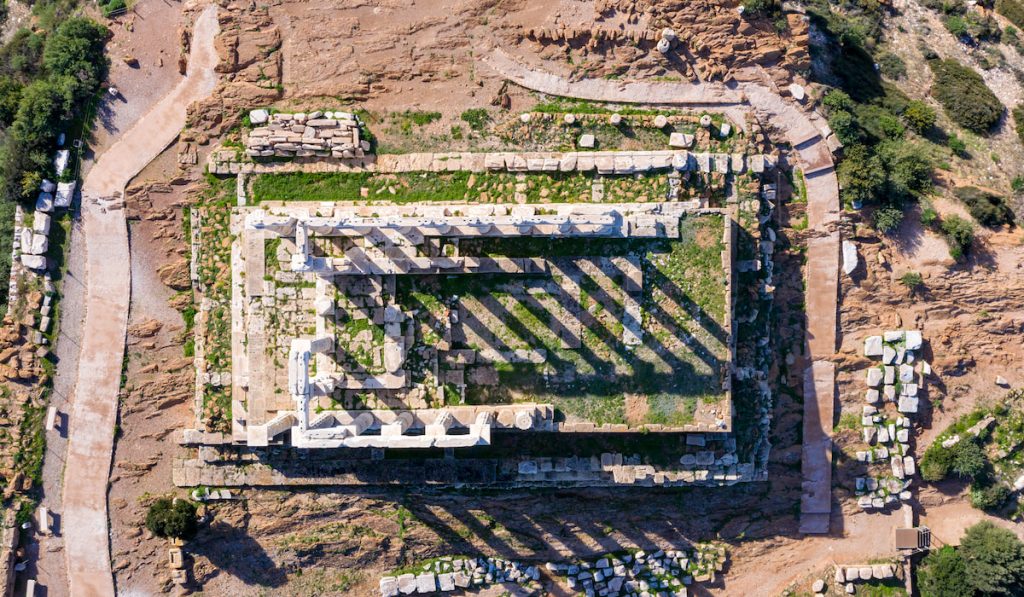
Final Thoughts
Archaeology is like a building block of our world as it puts history in check while also making it more accurate. Archaeology is insightful, educational, and fun. What questions can archaeology help answer for you?

